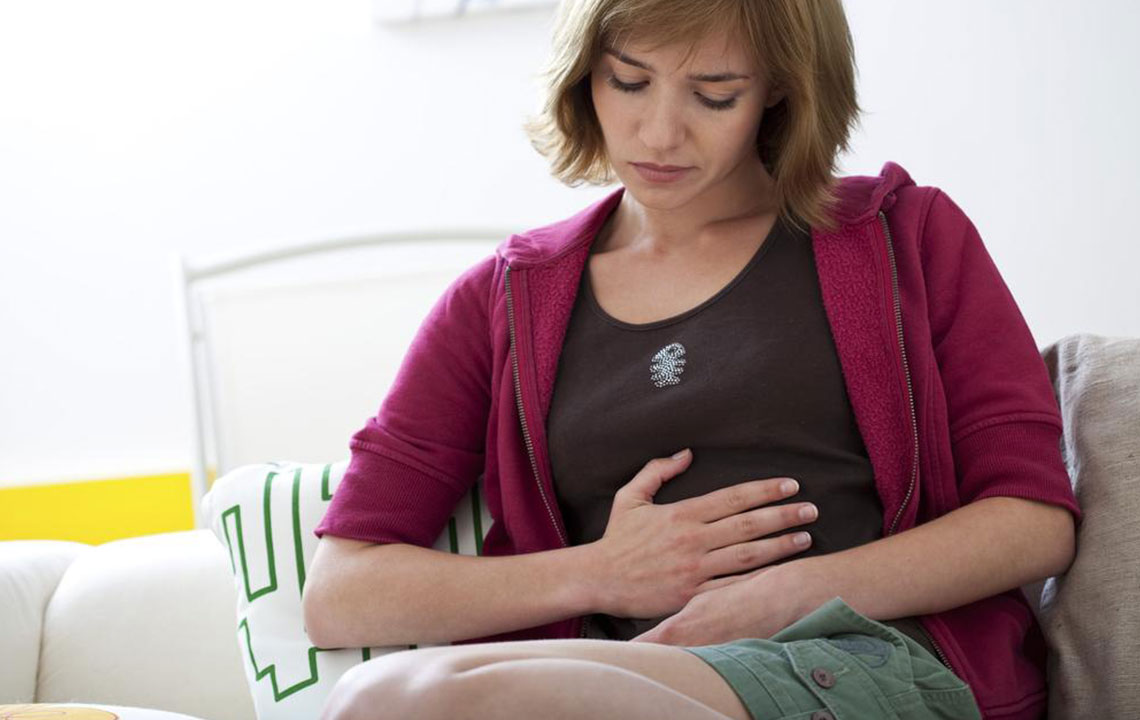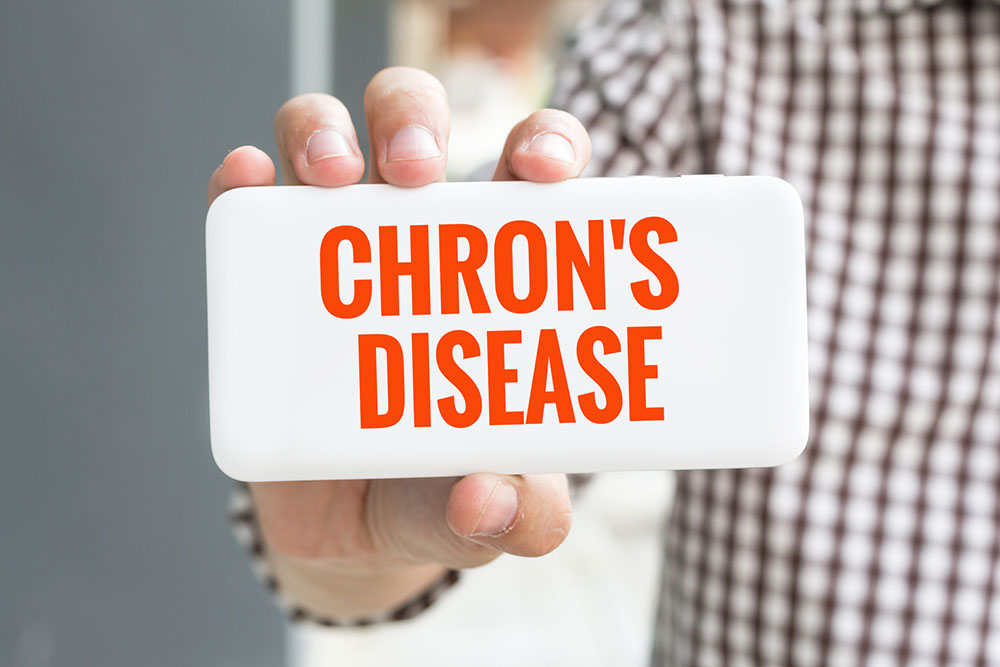Comprehensive Guide to Crohn’s Disease: Managing a Chronic Gastrointestinal Condition
Crohn’s disease is a lifelong inflammatory bowel condition affecting individuals aged 15-35, with no current cure. This comprehensive guide covers causes, symptoms, diagnosis, and management strategies, emphasizing early detection and personalized treatment to improve quality of life. Learn how lifestyle changes alongside medication and surgical options can help control the disease's progression and reduce flare-ups. Raising awareness about Crohn’s disease is vital for timely intervention and better health outcomes for affected individuals.

Comprehensive Guide to Crohn’s Disease: Managing a Chronic Gastrointestinal Condition
In the realm of chronic illnesses, Crohn’s disease stands out as a persistent and often challenging condition that requires ongoing management and awareness. While many health issues can be cured or significantly alleviated, Crohn’s disease remains a lifelong battle for those affected. Increasing understanding and early detection are crucial, given the complexities of this illness and its profound impact on individuals’ lives.
Unlike conditions such as irritable bowel syndrome, Crohn’s disease is a true inflammatory bowel disease that can affect any segment of the gastrointestinal (GI) tract—from the mouth all the way down to the anus. This disease causes inflammation that can lead to ulceration, swelling, and damage to the lining of the digestive tract, which results in a range of symptoms and long-term health consequences. The chronic and persistent nature of Crohn’s distinguishes it from temporary gastrointestinal issues, making awareness and proper management vital for patient quality of life.
Crohn’s disease predominantly affects young adults aged between 15 and 35 years, although it can occur at any age. Both men and women are equally susceptible, emphasizing the importance of awareness across genders. It is important to note that Crohn’s is a disease with no current cure; it cannot be transmitted through casual contact, but genetics play a notable role, as having a family history increases an individual’s risk by roughly 30%. Understanding these aspects helps in early detection and proactive management.
Causes and Risk Factors of Crohn’s Disease
The exact cause of Crohn’s disease remains elusive, but research indicates a complex interplay of genetic, environmental, and immune factors. The immune system appears to overreact to normal intestinal bacteria, leading to chronic inflammation. Genetic predisposition is significant—certain gene mutations have been linked to higher susceptibility. Additionally, environmental influences such as diet, stress, and smoking can trigger or exacerbate the disease.
Notably, smoking tobacco doubles the risk of developing Crohn’s symptoms and tends to make the disease more severe. While poor diet alone does not cause Crohn’s, it can influence the severity and frequency of flare-ups. Most treatment plans are tailored to the individual’s disease severity, often involving surgery when necessary to remove damaged sections of the digestive tract.
Effects of Crohn’s Disease on Patients
Crohn’s disease impacts the gastrointestinal tract at a microscopic and macroscopic level, often leading to symptoms like persistent and severe diarrhea, cramping pain localized to the right side of the abdomen, unintended weight loss, fatigue, and signs of malnutrition. These symptoms stem from an abnormal, ongoing immune response that results in inflammation and ulceration of the intestinal tissues.
Flare-ups can occur unexpectedly and often appear in cycles, with periods of remission followed by active symptoms. As the disease progresses, complications may include strictures, fistulas, and abscesses, which can cause further health deterioration. In advanced stages, the condition can become life-threatening, impairing the ability to perform daily activities. Recognizing early warning signs like a feeling of bowel fullness despite frequent movements, high fever, reduced appetite, and severe abdominal cramps can be lifesaving.
These symptoms are often mistaken for other gastrointestinal issues, such as food poisoning or irritable bowel syndrome, which complicates early diagnosis. Hence, comprehensive medical assessment is necessary for accurate diagnosis and effective treatment planning.
Diagnosis of Crohn’s Disease
Diagnosing Crohn’s disease is a complex process that involves differentiating it from other similar conditions. Early symptoms are often nonspecific, which can delay diagnosis. Healthcare providers typically use a combination of diagnostic tools, including blood tests to check for anemia and inflammation markers, stool tests to rule out infections, and imaging studies like X-rays, CT scans, and MRI to visualize the extent of intestinal damage.
Endoscopic procedures such as colonoscopy and biopsy are essential for confirming the diagnosis by directly examining the affected tissues and collecting samples for analysis.
Managing and Treating Crohn’s Disease
While a definitive cure for Crohn’s does not currently exist, advances in medical science have provided effective ways to manage symptoms and improve quality of life. Treatment strategies include medication, lifestyle modifications, and surgical interventions when necessary.
Common medications used in Crohn’s treatment encompass corticosteroids to reduce inflammation during flare-ups, immune suppressants to dampen the overactive immune response, antibiotics to treat secondary infections, and biologic agents like monoclonal antibodies that target specific inflammatory pathways. These treatments aim to control symptoms, induce remission, and prevent complications.
Lifestyle changes play a vital role in managing Crohn’s. Dietary adjustments, stress management, quitting smoking, and maintaining a healthy weight can significantly reduce flare-ups and improve overall well-being. Regular medical checkups are essential to monitor disease progression and adapt treatment plans accordingly.
Surgical options are considered in severe cases where medications cannot control symptoms or complications such as strictures or fistulas occur. Surgical procedures may involve removing damaged sections of the intestine, but they are not curative, and ongoing management is often necessary.
In conclusion, understanding Crohn’s disease—its causes, symptoms, diagnosis, and management—is crucial for patients and healthcare providers alike. Early intervention, personalized treatment plans, and lifestyle adjustments can help patients lead healthier, more comfortable lives despite this chronic condition.





